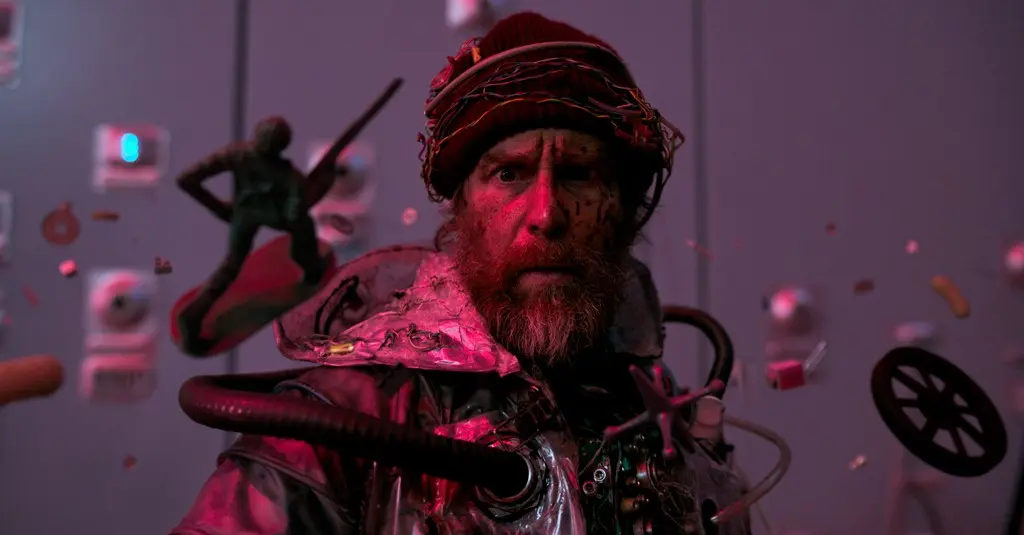PG-13 | 1h 58min | Comedy/Satire, Drama, Mystery | 23 August 2002 (USA)
During one of the “making of” segments on the DVD release of “Simone” (frequently stylized as “S1m0ne”), a few of the performers in the 2002 movie comment on the possibility of its premise becoming reality and they appear somewhat troubled. Could computer programs replace actual flesh-and-blood actors?






